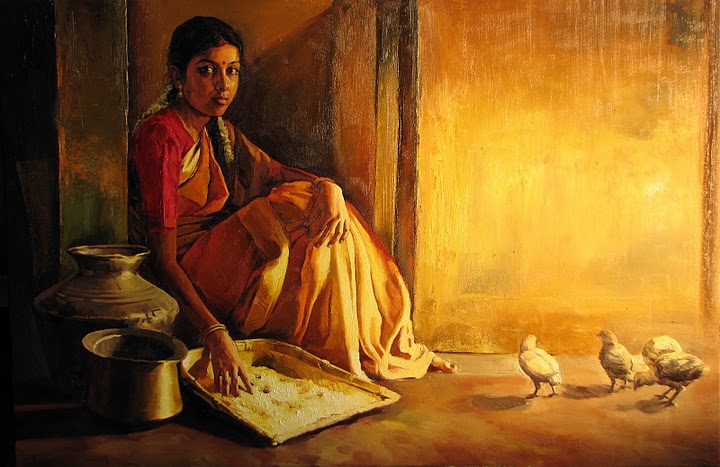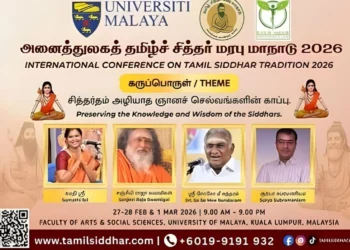Tamil culture, with its rich heritage and vibrant traditions, has made significant contributions to our daily lives. From art and literature to music and cuisine, the influence of Tamil culture can be seen in various aspects of our existence. Let’s explore some key areas where Tamil culture plays a pertinent role in shaping our everyday experiences.
Language and Literature
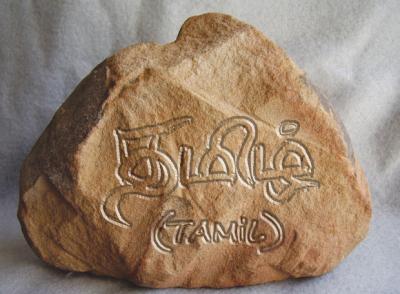
One prominent aspect of Tamil culture is its unique Dravidian-based script known as the Tamil alphabet. This ancient script has not only empowered Tamilians but has also contributed to global linguistic diversity. Today, the use of the Tamil script extends beyond India’s borders, with diaspora communities using it worldwide.
Tamil literature boasts a remarkable body of work spanning centuries, including epic poems like “Silappatikaram” and “Manimekalai“. These literary masterpieces explore universal themes such as love, morality, and social justice while reflecting upon historical events. The enduring legacy of these works continues to shape contemporary writers’ narratives within the broader Indian literary landscape.
Music and Dance
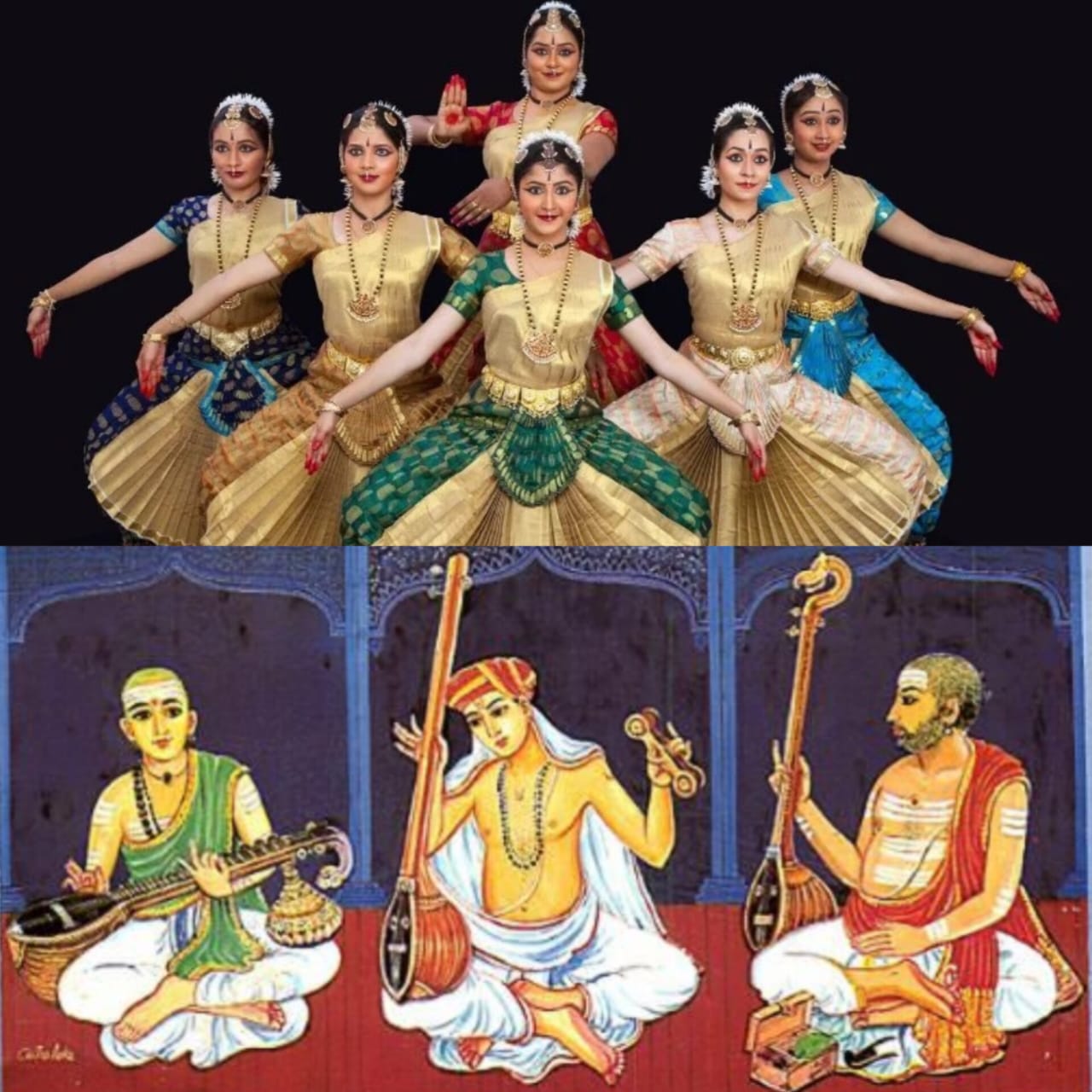
The soul-stirring melodies emanating from traditional Carnatic music mesmerize listeners globally. Rooted in ancient scriptures like the Thirukkural or Tirumurai hymns composed by saints called Alvars-Nayanmars, Carnatic music exemplifies the essence of devotionality through intricate ragams (melodic scales) and talams (rhythmic patterns). The emotive power captured within these compositions transcends cultural boundaries.
Bharatanatyam dance form holds deep-rooted significance within Tamil culture. Dancers skillfully narrate stories through precise footwork, expressive gestures (mudras), facial expressions (abhinaya), rhythmic movements. Its beauty lies in its ability to convey complex emotions while merging spirituality with artistic expression and an embodiment of gracefulness cherished not just by Tamilians but also admired worldwide.
Visual Arts and Architecture
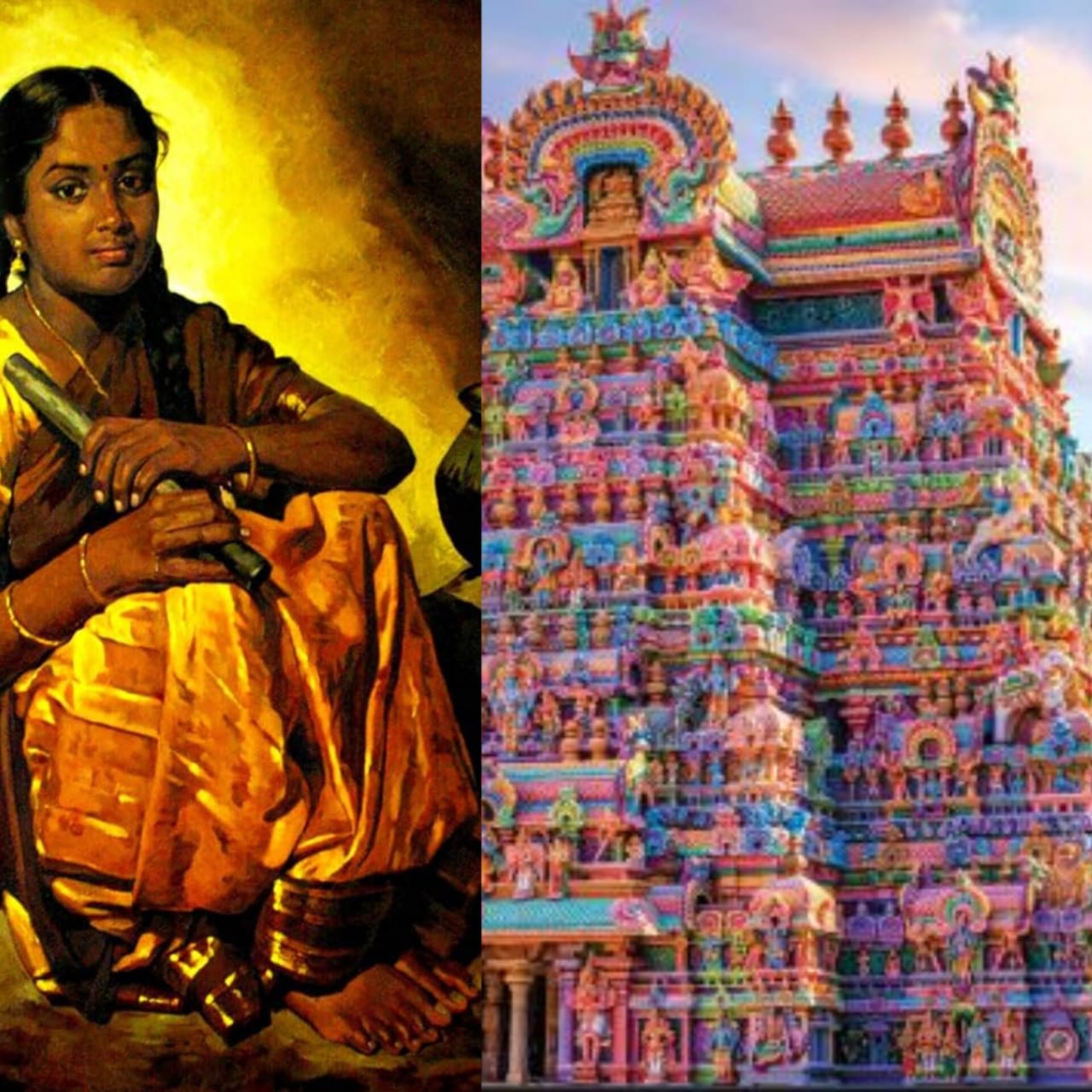
Tamil culture’s artistic expressions extend to visual arts and architecture. The intricate carvings adorning ancient temples in Tamil Nadu showcases the astounding craftmanship of skilled artisans. These architectural marvels, such as the Brihadeeshwarar Temple in Thanjavur or Meenakshi Amman Temple in Madurai, not only serves as places of worship but also stand as testaments to Tamil cultural heritage.
Moreover, traditional Tanjore paintings, characterized by vibrant colors and gold foil for embellishments, reflect the religion’s rich artistic traditions. These distinctive artworks often depict religious deities and mythological themes while incorporating meticulous attention to detail.
Cuisine
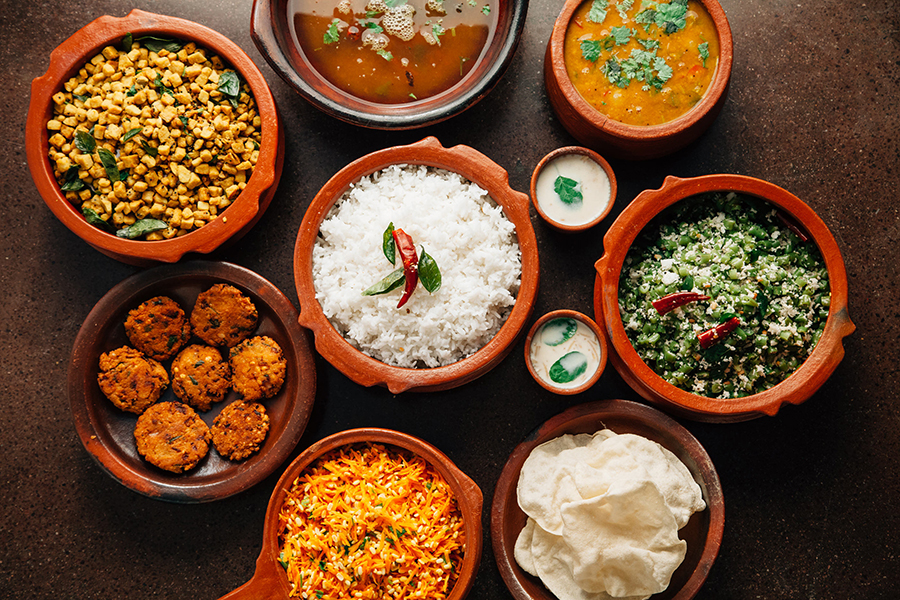
The flavorsome cuisine of Tamil culture tantalizes taste buds with its diverse array of dishes. From aromatic rice-based delicacies like Biryani and Puliyodarai (tamarind rice) to savory snacks like Murukku and Vadai, Tamil cuisine reflects a harmonious blend of spices, textures, and tastes. These culinary delights have transcended regional boundaries to become popular across the globe.
Festivals and Celebrations
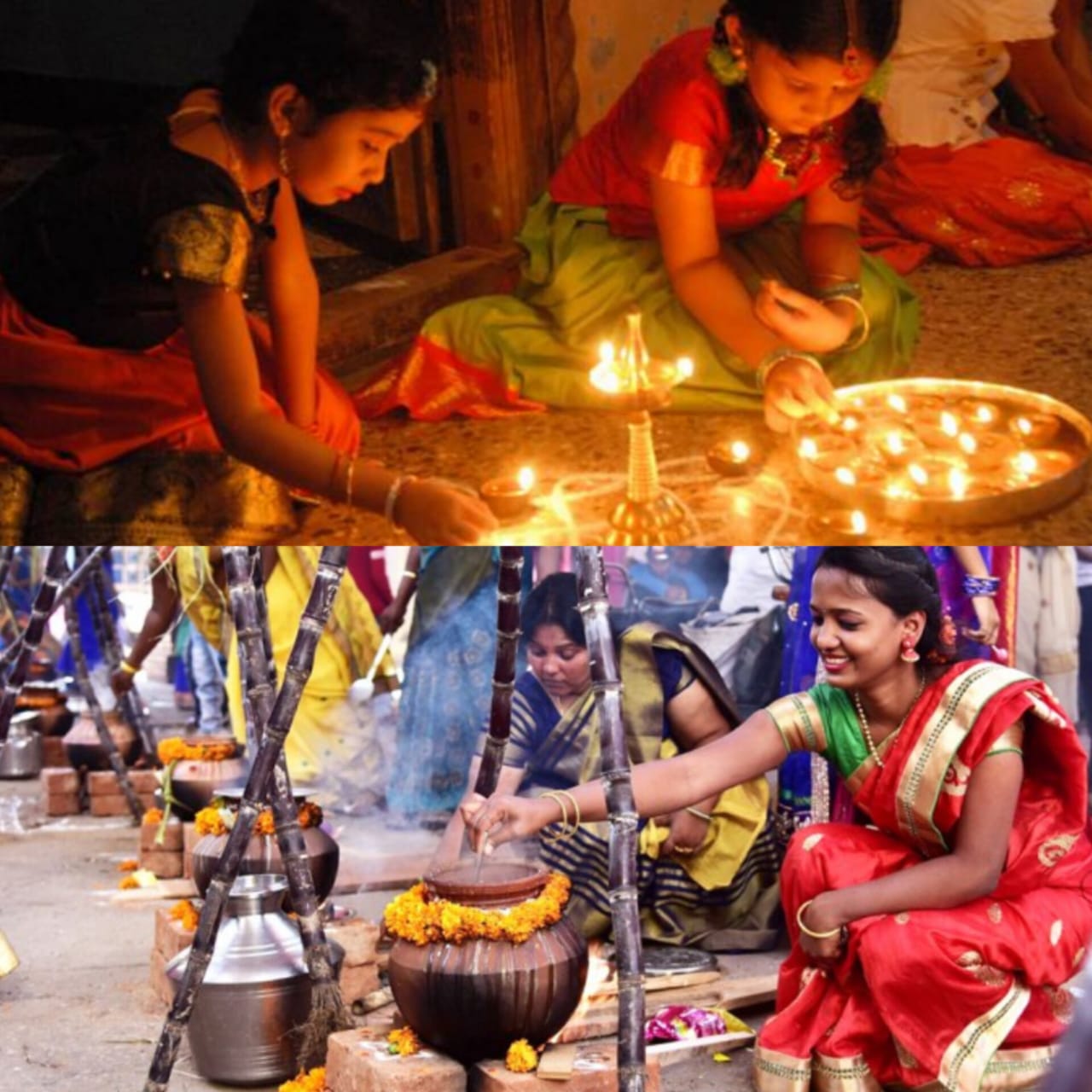
Tamil culture renowned for its colorful festivals celebrated throughout the year. Pongal, a harvest festival which holds immense significance among Tamilians worldwide. This joyous occasion sees people come together to express gratitude for nature’s bounty through traditional rituals such as cooking a special dish called Pongal using freshly harvested crops.
Other significant festivals include Deepavali (Festival of Lights), Navratri (Nine Nights dedicated to Goddess Durga), Karthigai Deepam (Festival of Lights celebrated at Lord Muruga temples), among others. Each festival underscores the values cherished within Tamil culture such as unity, devotion, family bonds and also serves as a reminder of our shared humanity.

Tamil culture permeates various aspects of our daily lives from art forms like literature, music, dance, visual arts and architecture, cuisine to festivals and celebrations. Its enduring influence not only shapes the lives of Tamilians but also contributes to global cultural diversity. By appreciating and understanding Tamil culture, we gain a deeper appreciation for our collective human heritage.
Source: Ling
Follow us on Instagram, Facebook or Telegram for more updates and breaking news.


